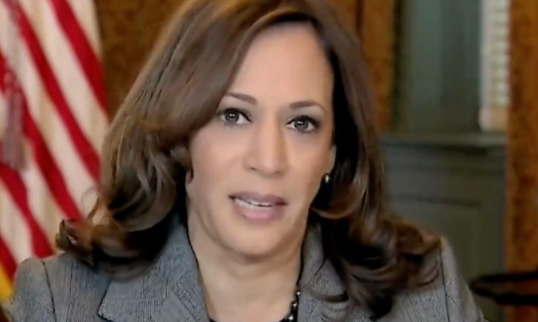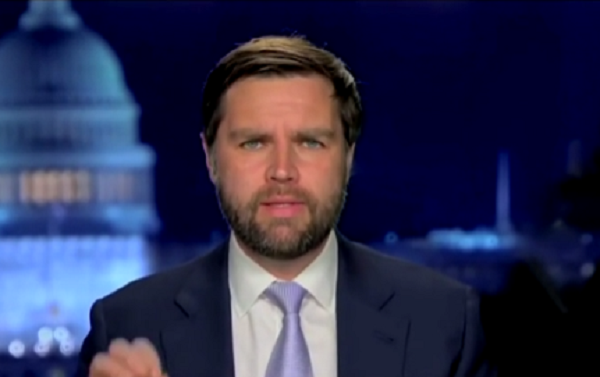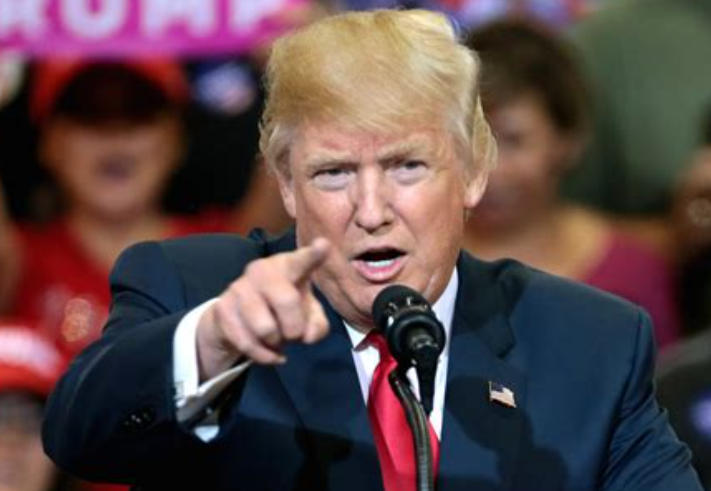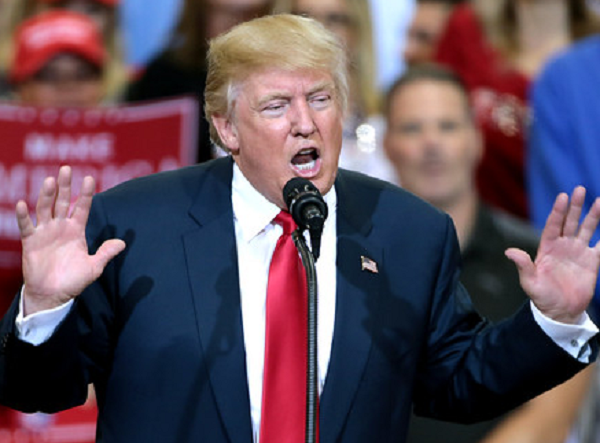Democrats in Colorado have sought to prevent President Donald Trump from appearing on the ballot for the crucial 2024 election.
A state judge recently ruled that Trump had engaged in an “insurrection” on January 6, 2021. Despite the lack of any insurrection on U.S. soil since the Wilmington Coup D’État of 1898, led by Democrats, the judge allowed Trump to remain on the ballot for president, according to the New York Times.
This case, impacting Trump’s eligibility for future office, is being heard nationwide. The Supreme Court of Colorado has decided to hear an appeal of a lower court’s decision that permitted Trump to stay on the primary ballot in the state.
Plaintiffs argued, citing Trump’s post-2020 election actions, that anyone involved in “insurrection or rebellion” against the Constitution is ineligible for public office. This argument is based on the third section of the 14th Amendment.
While the Constitution does bar those “engaged in insurrection” from running for office, the case relies on unfounded claims that Trump was involved in such a crime.
Judge Sarah B. Wallace concluded that Trump participated in an “insurrection” based on his activities before and during Jan. 6. However, she allowed Trump to remain on the ballot, stating that the disqualification clause of the 14th Amendment did not apply to the president.
After Judge Wallace’s order, Trump’s spokesperson, Steven Cheung, characterized the ruling as “another nail in the coffin of the un-American ballot challenges.”
On Monday evening, the plaintiffs filed an appeal with the Colorado Supreme Court, which has agreed to expedite the case. Trump’s attorneys must submit a brief by the following Monday, and oral arguments are scheduled for December 6th.
Jena Griswold, a Democrat serving as the Colorado secretary of state, has previously stated that she will adhere to the ruling in effect on January 5, 2024, the state’s deadline for certifying candidates for the March 5 primary.
Mario Nicolais, the plaintiffs’ lawyer, expressed confidence in a favorable outcome, emphasizing the court’s expedited schedule as a sign of its seriousness. He stated that his clients “are confident that we will come away from the Colorado Supreme Court with a victory, and he will be barred from being on the ballot.”
Similar petitions challenging Trump’s ballot eligibility have been filed nationwide this year, with varying outcomes. Some courts rejected them, some have been tried, and some are pending. Three state courts (Minnesota, Michigan, and Colorado) rejected the arguments, allowing Trump on the primary ballots. In Florida, a federal judge declined to hear a similar case, citing jurisdiction, while a New Hampshire court deemed the matter more political than legal.







